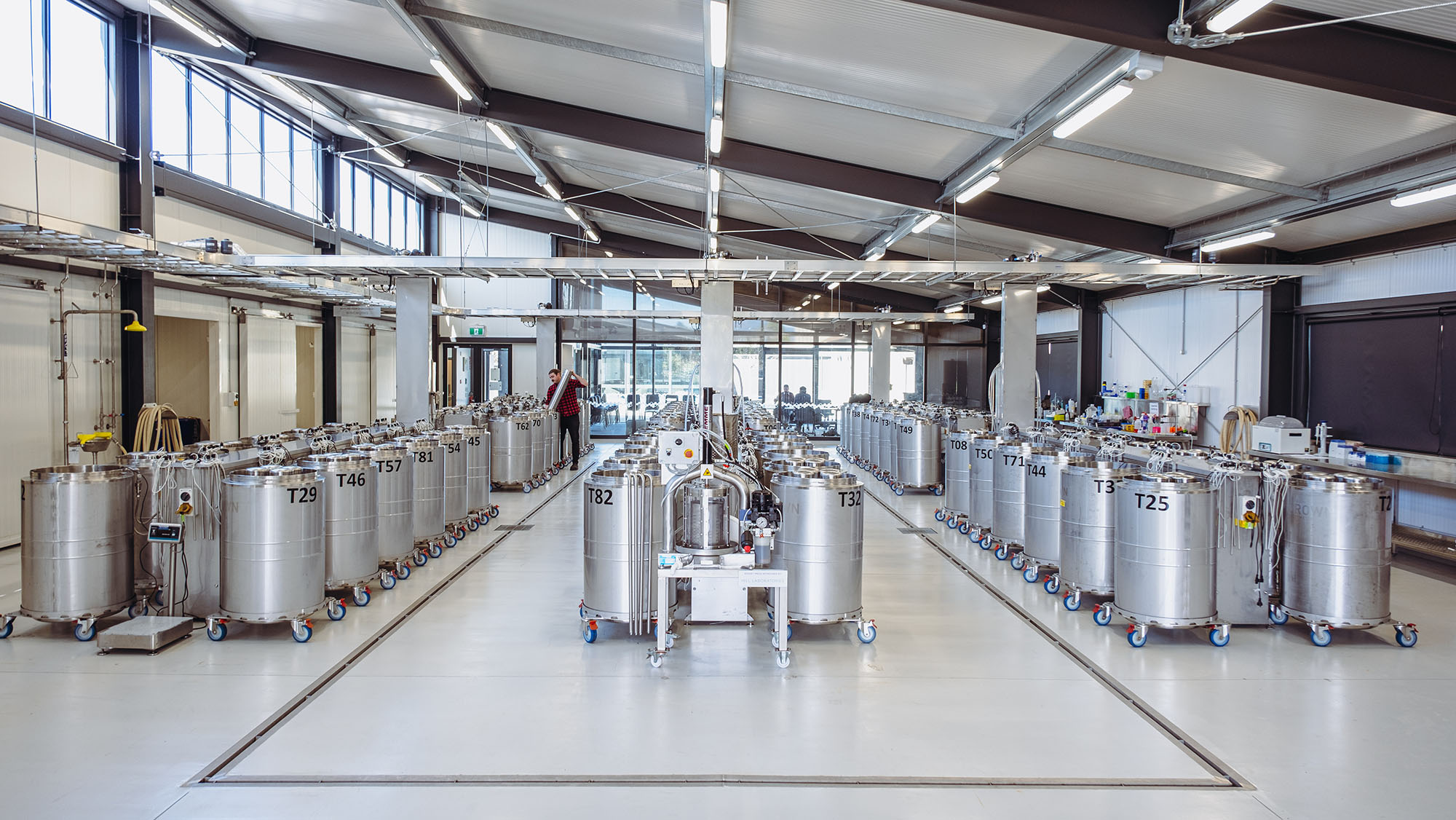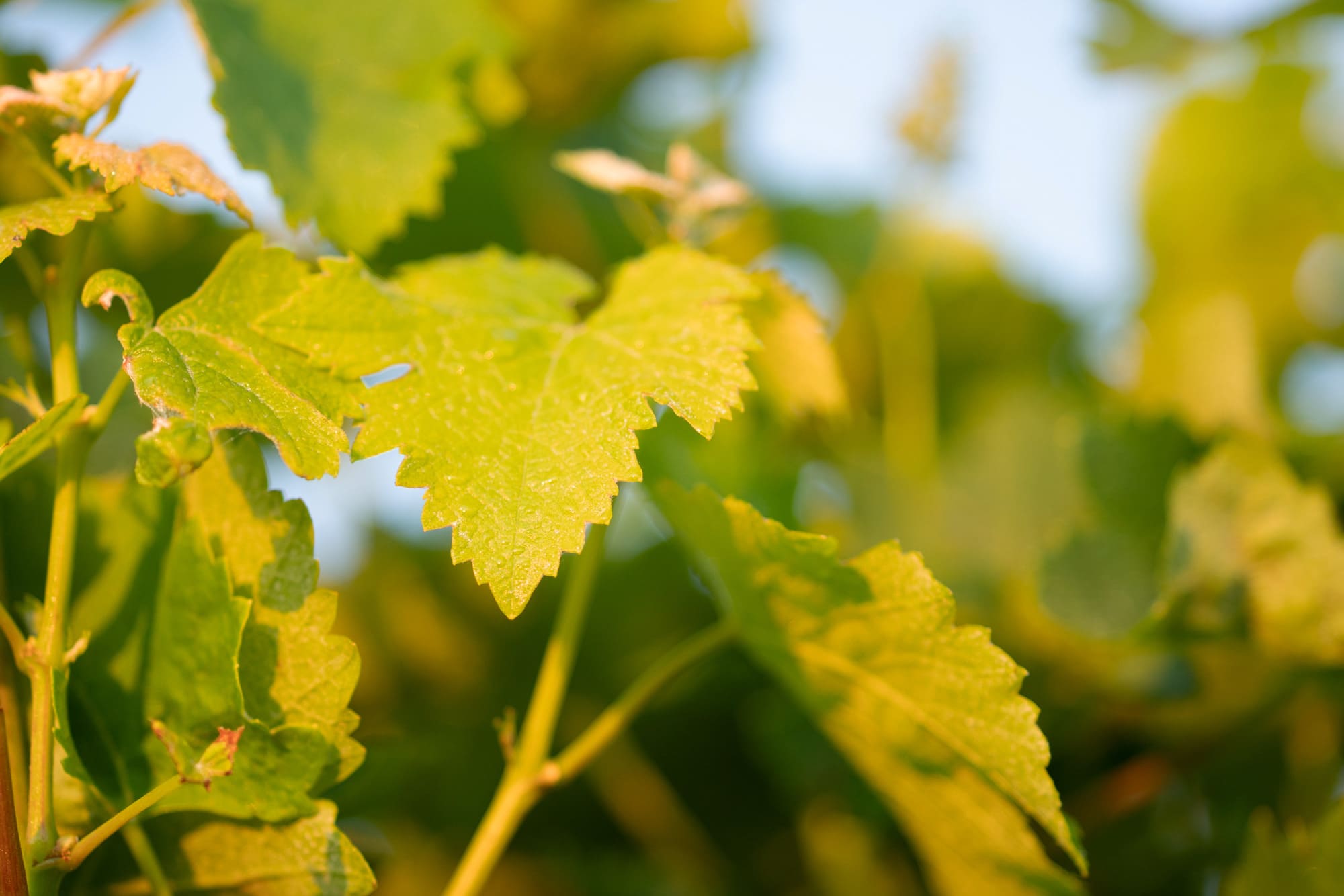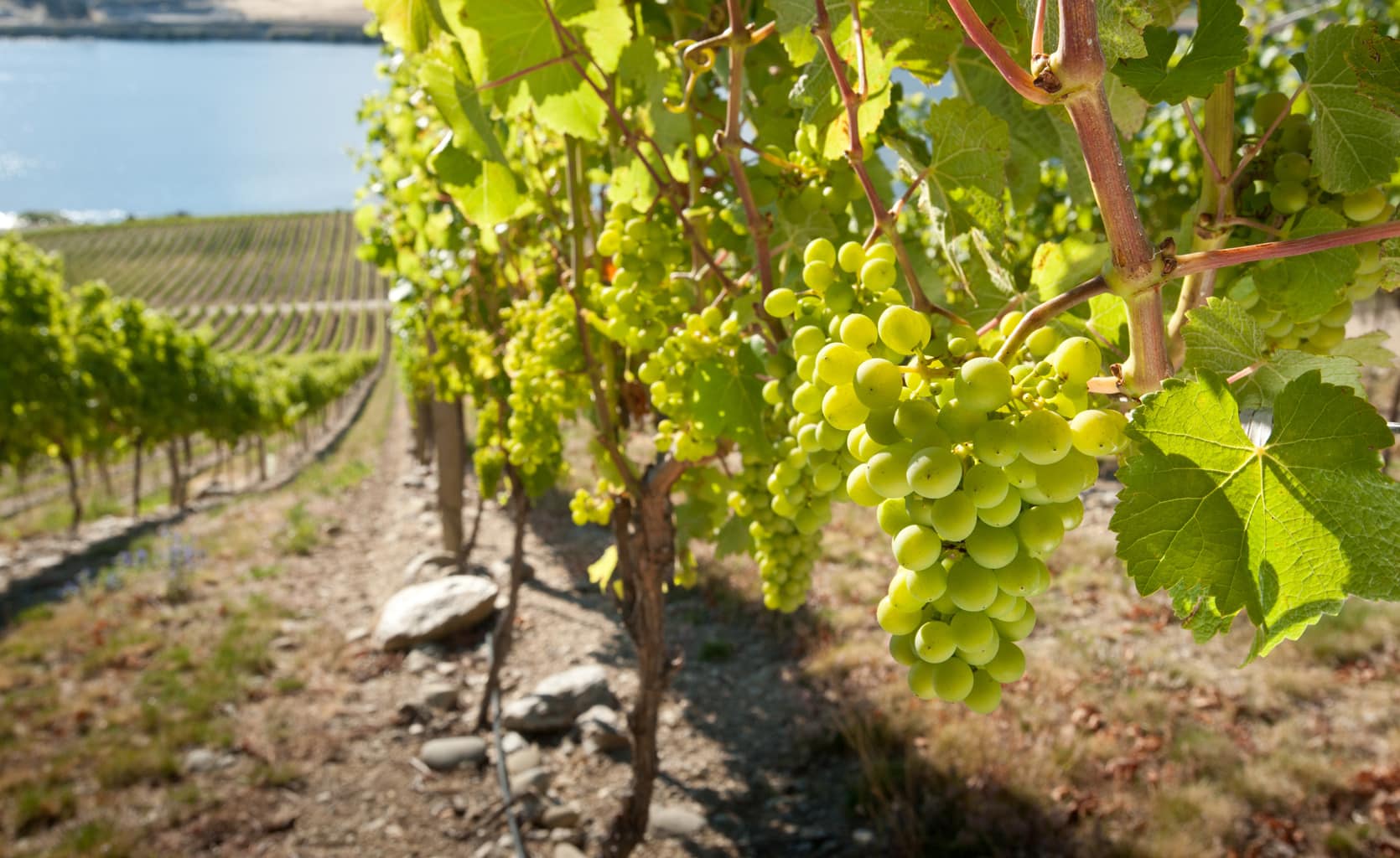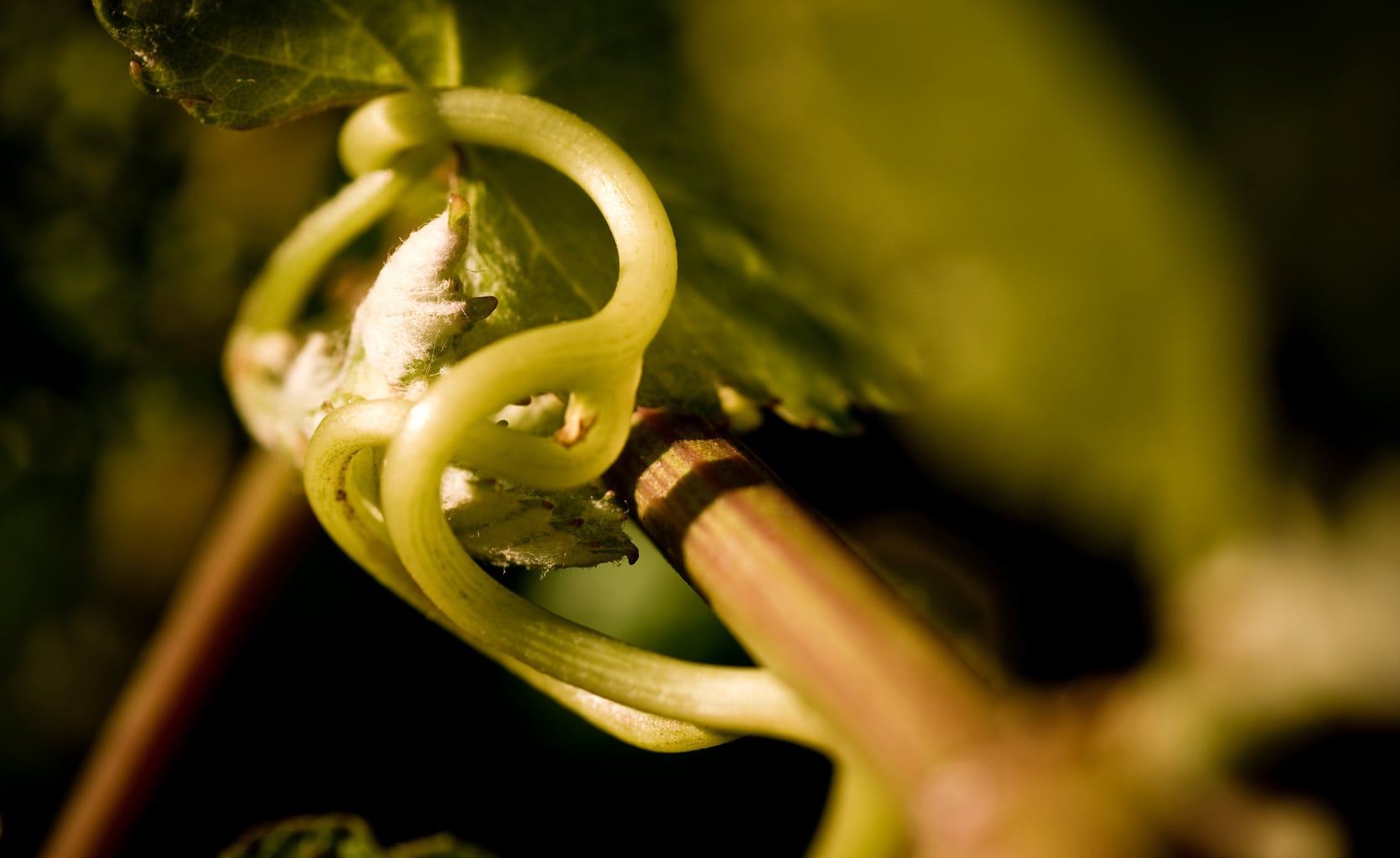Three years ago, BRI’s Research Winery opened its doors for trials, enabling the wine industry to access research winemaking at a scale and degree of experimental control not previously possible in New Zealand. Although the last three years have been challenging, the number of trials has grown each vintage.
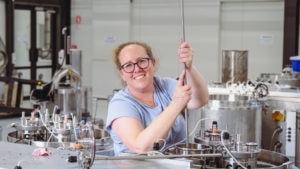 This year we are delighted to announce our new Research Winemaker Ngarita Warden. Well-known on the Marlborough Research Centre campus, Ngarita joins us from the Nelson Marlborough Institute of Technology (NMIT). Ngarita also runs her own business teaching Wine and Spirit Education Trust (WSET) courses, is a certified WSET Educator and is a WSET Diploma holder.
This year we are delighted to announce our new Research Winemaker Ngarita Warden. Well-known on the Marlborough Research Centre campus, Ngarita joins us from the Nelson Marlborough Institute of Technology (NMIT). Ngarita also runs her own business teaching Wine and Spirit Education Trust (WSET) courses, is a certified WSET Educator and is a WSET Diploma holder.
After obtaining her Post Graduate Diploma in Viticulture and Oenology, Ngarita did a number of vintages in New Zealand and Australia before moving to the UK. There she was the wine buyer for St Johns College, Cambridge University and worked for WSET educating on wine as well as managing the research and program development projects. Six years later Ngarita returned to New Zealand and became involved in winemaking in Auckland and Central Otago, before moving to Marlborough.
BRI’s Research Winery was designed so the wine industry can conduct independent trials, free from the variables they may have trouble minimising if they were to attempt similar research in-house. Our state-of-the-art winery facility has custom fermentation tanks that either hold 200 litres for a single fermentation or have four smaller (17-litre) tanks inserted to house up to four individual fermentations, all controlled under the same conditions.
The sustainably-built facilities have allowed the industry to explore and experiment with their own research ideas – whether they are exploring more sustainable processes on the vineyard, trialling novel winemaking ideas, or creating new products such as turning waste products into hand sanitiser.
Find out more about our grape-to-glass winery trials here.



